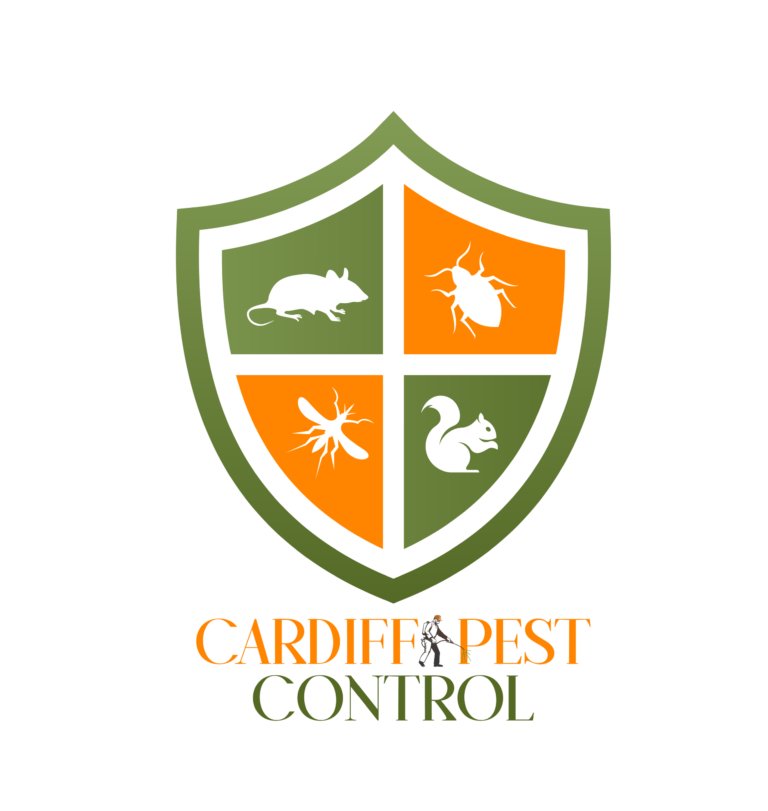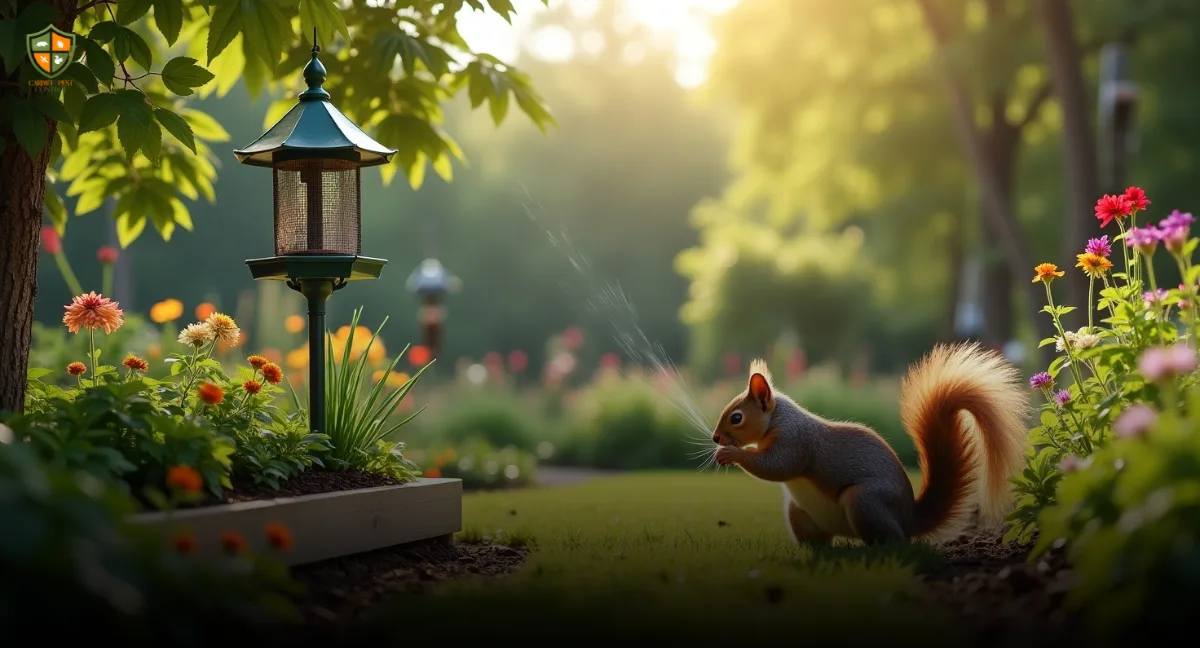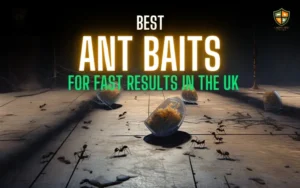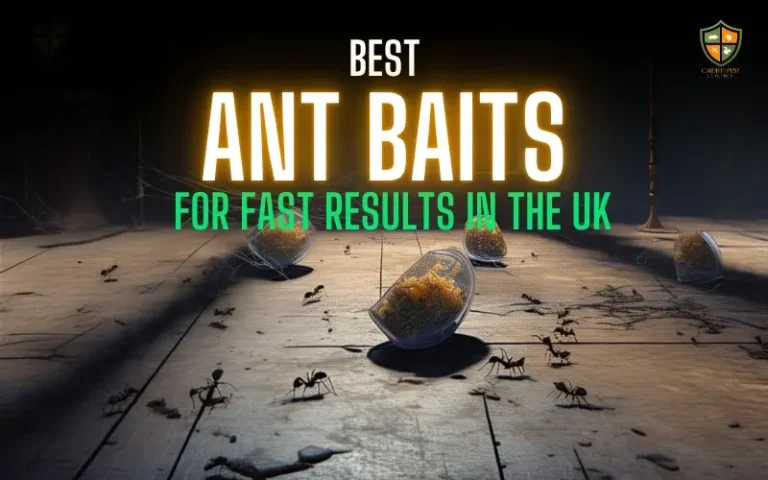Table of Contents
ToggleSquirrels are a common nuisance in gardens, often causing significant damage to plants, lawns, and bird feeders. While these creatures are known for their playful antics, they can quickly become a problem when they start raiding your garden. Whether they’re digging up bulbs, stealing vegetables, or nesting in trees, squirrel control for gardens is essential for keeping your outdoor space in top shape. Fortunately, there are several safe and natural methods you can use to discourage squirrels from taking over your garden.
Understanding Squirrel Behavior in Gardens
Squirrels, particularly grey squirrels, are drawn to gardens for food and shelter. They are persistent and resourceful creatures that can easily invade your garden if there’s a food source available. If you want to keep them out, it’s important to make your garden less cinviting. They are particularly attracted to areas with easily accessible food, like bird feeders, nuts, and fruits, as well as gardens offering shelter like tree branches and roof spaces.
By implementing effective squirrel control for gardens, you can prevent these pesky critters from ruining your hard work. Let’s dive into the various methods you can use to keep squirrels away from vegetables, flowers, and other precious plants.
Creating a Squirrel-Resistant Garden
One of the first steps in squirrel control is removing or minimizing their access to food. If you currently leave out bird seed or nuts, squirrels will quickly learn to associate your garden with easy meals. Instead, consider installing squirrel-resistant bird feeders that are designed to keep squirrels from accessing the seed. These feeders have mechanisms that only allow smaller birds to feed, while larger squirrels are unable to reach the food.
- Install squirrel-resistant bird feeders: Use feeders that are designed to prevent squirrels from accessing bird seed. These feeders allow only smaller birds to feed while keeping larger squirrels at bay.
- Remove fallen food regularly: Clear away any fallen fruits, nuts, or seeds from the ground, as squirrels are opportunistic and will scavenge anything they can find.
- Grow squirrel-repellent plants: Consider planting flowers or plants that squirrels tend to avoid, such as daffodils and hyacinths, which have strong scents or bitter-tasting leaves.
Using Natural Squirrel Repellents
For a more direct approach, consider using natural squirrel repellents that are non-toxic and safe for pets and children. There are several effective solutions to keep squirrels away without harming them:
- Peppermint oil is a popular natural repellent for squirrels. You can soak cotton balls in the oil and place them around your garden, or mix peppermint oil with water in a spray bottle and apply it to the areas you want to protect.
- Cayenne pepper is another effective option. Sprinkling this spicy substance around plants or flower beds will deter squirrels from coming close. The strong scent irritates them, making your garden less inviting.
- Garlic and vinegar sprays are also effective at keeping squirrels at bay. These can be easily made at home and sprayed around your plants, flower beds, or garden fences.
These safe ways to repel squirrels rely on natural ingredients that won’t harm your plants, pets, or children, while still being effective at keeping the squirrels away.
Physical Barriers for Squirrel Control
Another effective strategy for squirrel control for gardens is the use of physical barriers. One of the most common ways to protect garden beds, bulbs, and vegetables from squirrels is by using wire mesh. Wire mesh is easy to use and can be placed around plants or flower beds to prevent squirrels from digging or nibbling on them.
- Use wire mesh to protect plants and bulbs: Install wire mesh around plants or flower beds to prevent squirrels from digging or eating them. Ensure the openings are small enough (less than 25mm) to keep squirrels out while allowing plants to grow.
- Cover bulbs with wire mesh: Use wire mesh to cover bulbs during planting season to prevent squirrels from digging them up before they have a chance to grow.
- Install a taller mesh fence: Consider using a taller wire mesh fence around your garden if squirrels are actively burrowing or digging around the perimeter, making it harder for them to climb over and access your plants.
Managing Squirrel Nests and Damage
Sometimes, squirrels take their activities beyond the garden and make their way into your home. If you’ve discovered a squirrel nest in your attic or roof, it’s essential to take action quickly to prevent further damage. Squirrels will often enter through small cracks or gaps, so sealing these entry points with materials like steel wool or weldmesh is essential.
- Seal entry points: If you find cracks or gaps in your home, seal them with materials like steel wool or weldmesh to prevent squirrels from entering.
- Wait until young squirrels leave: If a squirrel nest is already established, wait for the young squirrels to mature before blocking the entry points they used to access the space.
- Consult a professional pest control service: If you’re unsure how to handle a squirrel nest or if it’s difficult to remove, it’s best to contact a pest control expert to avoid damage or injury.
- Avoid disturbing baby squirrels: If you find baby squirrels, leave the nest undisturbed until the young squirrels are old enough to leave. If you’re concerned about their well-being, consult an environmental health service for advice on safely handling the situation.
Long-Term Squirrel Control Solutions
If you find that your efforts at squirrel control for gardens aren’t working, it may be time to consider professional assistance. Cardiff Pest Control offers expert solutions for squirrel removal and damage prevention. Their services include humane traps, nest removal, and strategies to prevent future infestations.
Professional pest control contractors can also provide advice on how to manage squirrel-resistant bird feeders, sealing roof access points, and ensuring that your garden remains squirrel-free for the long term.
Conclusion
Squirrels may be a part of the natural world, but that doesn’t mean you have to share your garden with them. By following the tips outlined above, such as removing food sources, using natural repellents, and installing physical barriers, you can protect your garden from squirrel damage. If these measures don’t work, don’t hesitate to call in the experts. Cardiff Pest Control is here to help you get rid of squirrels in garden and ensure your outdoor space remains safe, healthy, and squirrel-free.
FAQs
What’s the best way to keep squirrels out of my garden?
To keep squirrels out of your garden, reduce food sources, use squirrel-resistant bird feeders, and install wire mesh around plants and bulbs. Natural repellents like peppermint oil and cayenne pepper can also be effective.
Can squirrels damage my plants?
Yes, squirrels can dig up bulbs, chew on plants, and steal fruit or vegetables from your garden. Using squirrel proof garden tips like covering plants with mesh or using natural deterrents can help protect your garden.
Are natural repellents safe for my pets?
Yes, natural squirrel repellents like peppermint oil, garlic, and cayenne pepper are safe for pets when used correctly. Avoid spraying these directly on plants or using excessive amounts.
How can I keep squirrels out of my attic or roof?
To keep squirrels out of your roof, repair any damage, seal entry points with steel wool or weldmesh, and trim back any branches that could give squirrels access to your home.
When should I call a professional for squirrel control?
If natural methods aren’t effective or you have a squirrel nest in your attic, it’s time to contact a professional. Cardiff Pest Control offers expert services for both prevention and removal of squirrels in gardens and homes.







